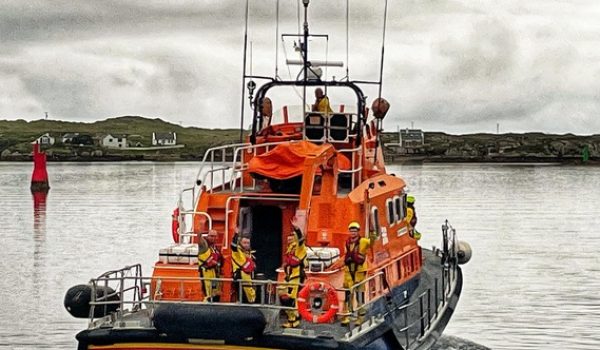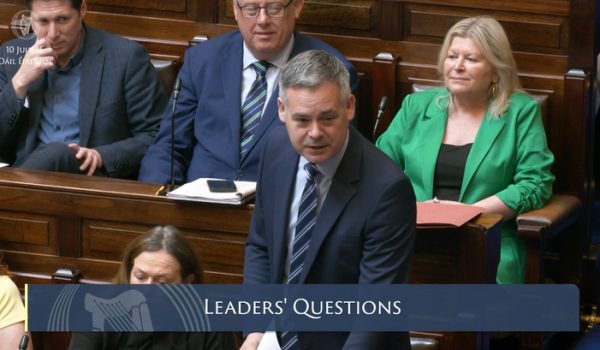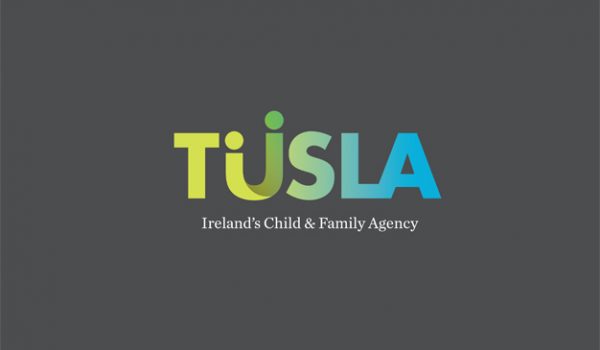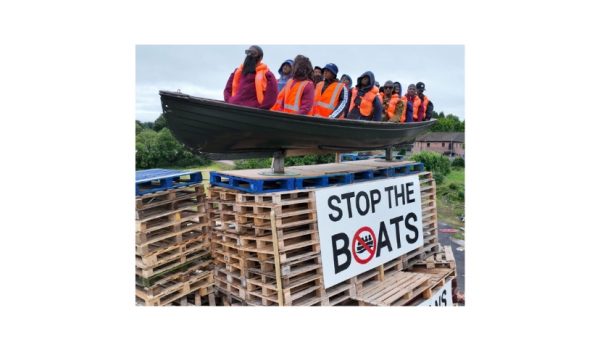
Donegal County Council has voted against a motion calling for a monument to be erected in the county in commemoration of the 1916 Easter Rising.
The Sinn Fein motion called for a monument to be built outside the County House in Lifford in memory of all those who gave their lives for Irish freedom.
The motion was voted down by 12 votes to 8.
Cllr Jack Murray says he is disappointed that Cllrs voted against the motion:
Audio Player
But one of the Cllrs who voted against the motion says he is not against a monument being erected outside the County House.
Cllr Bernard McGuinness says it is the wording of the motion he has issue with.
And he says when Sinn Fein are calling for a monument in commemoration of all those who gave their lives for Irish freedom, he wants to know who they are referring to:
Audio Player
Audio Player
Podcast: Play in new window | Download





